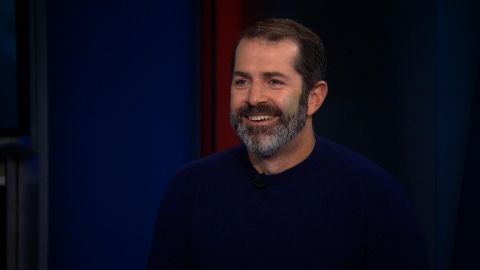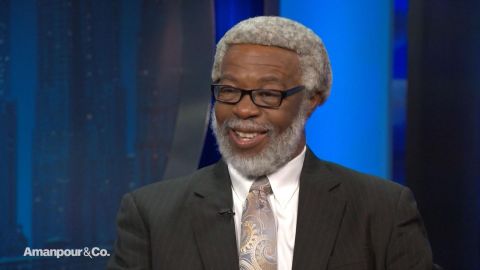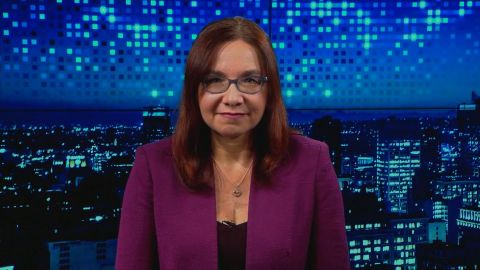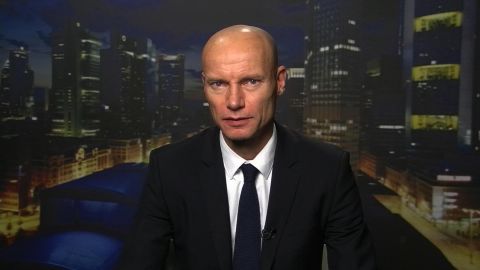Read Transcript EXPAND
CHRISTIANE AMANPOUR: So, Professor Hayhoe, there there’s three main elements there. One, that it’s absolutely imperative to work with China, the world’s biggest polluter on this. But two, the notion of that tried and tested and true thing that is called a Marshall Plan and make it a Green Marshall Plan. But three, that it should be mostly funded by the West. It sounds sensible. Is it tenable, do you think? What do you think of the proposal?
KATHARINE HAYHOE, ATMOSPHERIC SCIENTIST: Well, I’m a scientist not an economist. So, I know that we need to cut carbon as much as possible and as soon as possible. And as a human, I would add without harming people and hopefully with helping people by doing so. I also know from looking at the facts that China has more wind and solar energy than any other country in the world. And India is one of the world leaders in green jobs. Yes, China has a lot of coal and now, they’re selling it to countries like Pakistan and helping them build their own coal-fire powered plants. So, we do need an energy revolution and need it to happen everywhere.
AMANPOUR: And in terms of the economy, you know, we’ve just seen one of the political parties here in Great Britain launch its business plan, as we have an election coming up on December 12, and they have said they’re going propose a skilling tens of thousands of young British people as apprentices in the climate economy, so to speak. And I just wondered — you know, I know you’re not an economist, but how does it impact the science and the solutions when the major, you know, employer in the United States has become the renewable energy industry? It is nearly 3.3 million Americans working in clean energy, which outnumbers fossil fuel workers 3-1. I guess I’m asking you how the economic and employment reality affects, I don’t know, people’s acceptance of the science and the ability to translate that acceptance into doing something about it?
HAYHOE: It does affect people’s acceptance of the science because, again, people don’t truly reject 200-year-old science, they are rejecting what they perceive to be the solutions. They perceive the only solutions to be — to ruin the economy, to let the government tell them what to do, to let China take over the world. But in fact, as we see, clean energy is part of the solution that grows jobs. And we know that the more people we bring to the people with the greater diversity of ideas and solutions, the more robust those solutions will be. So, we are already seeing this happen today. But as a scientist, I know that it is not yet happening fast enough to avoid the most serious and even potentially dangerous impacts of a changing climate.
About This Episode EXPAND
Henk Ovink joins Christiane Amanpour to discuss historic flooding in Venice, Katharine Hayhoe explains why we need an energy revolution and AllBirds co-CEO Joey Zwillinger discusses the importance of eco-friendly business practices. Plus, Professor S. James Gates tells Walter Isaacson about his new book that examines how scientists proved Einstein’s theory of relativity.
LEARN MORE



